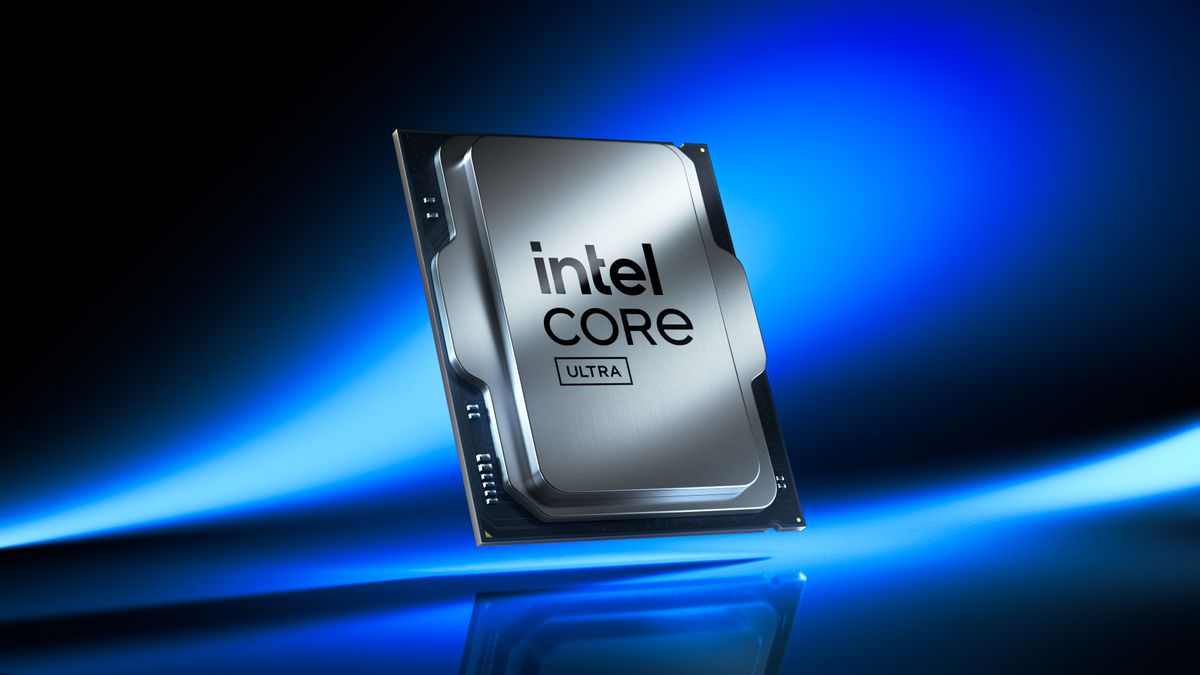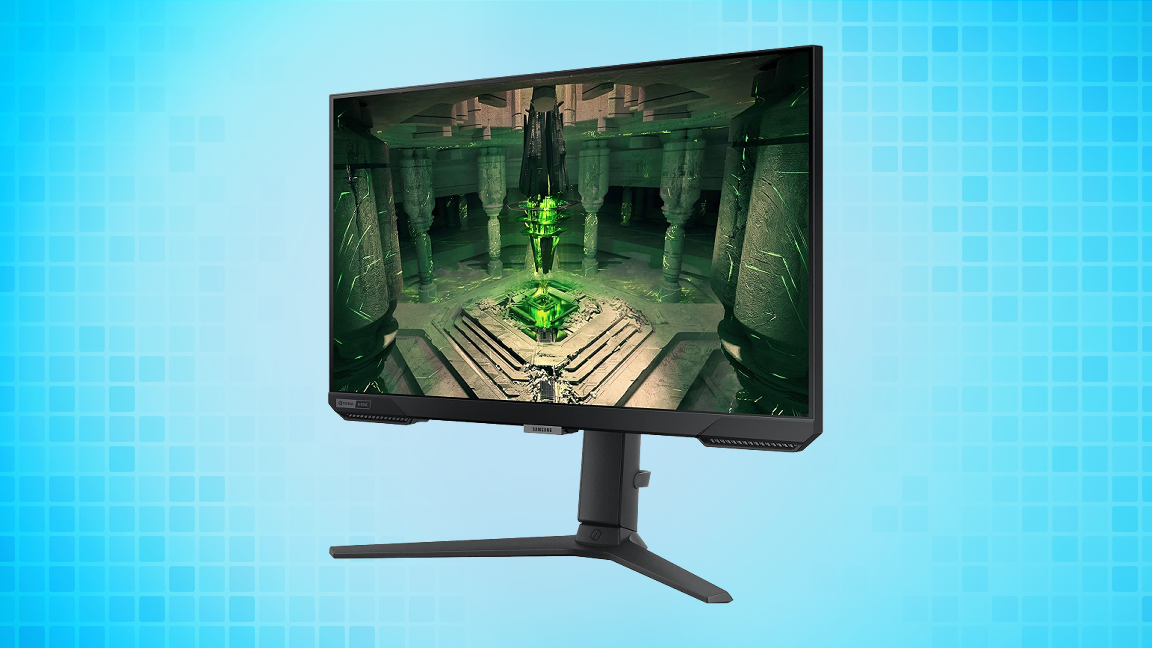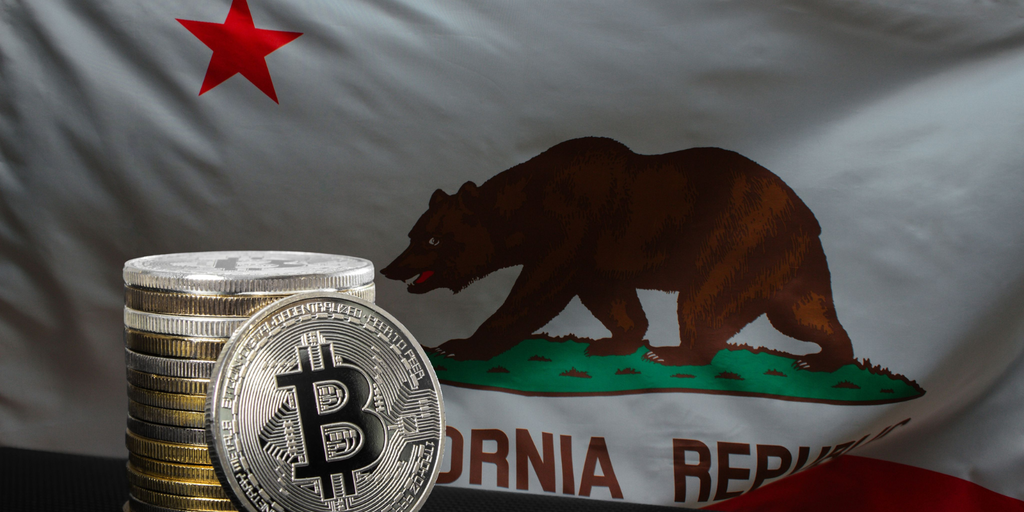Nvidia will take a $5.5 billion financial hit after U.S. authorities imposed new export restrictions on its H20 HGX AI GPU designed for the Chinese market, the company said Tuesday.
The U.S. government cited H20's memory and interconnect bandwidth as well as its potential use in supercomputers as reasons for the new restrictions. Nvidia is not alone: the U.S. Department of Commerce has also restricted sales of AMD's Instinct MI308 to China, according to Reuters.
"On April 9, 2025, the U.S. government informed Nvidia that the USG requires a license for export to China (including Hong Kong and Macau) and D:5 countries […] of the company's H20 [GPUs] and any other circuits achieving the H20's memory bandwidth, interconnect bandwidth, or combination thereof," a statement by Nvidia reads.
"The USG indicated that the license requirement addresses the risk that the covered products may be used in, or diverted to, a supercomputer in China. On April 14, 2025, the USG informed the company that the license requirement will be in effect for the indefinite future."
President Trump's administration planned to restrict sales of Nvidia's H20 HGX and similar processors starting in April, so Nvidia's chief executive, Jensen Huang, reportedly even attended a $1 million-a-head dinner with the U.S. president to ease concerns. That did not work, and the company will now take a $5.5 billion charge in the first quarter as it now has unsold inventory of its H20 GPUs.
According to section 8.01 of the report. "The company's first quarter of fiscal year 2026 ends on April 27, 2025. First quarter results are expected to include up to approximately $5.5 billion of charges associated with H20 products for inventory, purchase commitments, and related reserves."
Nvidia's H20 HGX is a cut-down version of its H100 processor that the company specifically engineered to comply with the U.S. government's restrictions imposed on GPUs bound for China in late 2022. Compared to H100, the H20 features significantly reduced AI performance and dramatically reduced HPC performance, which makes it barely suitable for supercomputer workloads that require FP64 compute precision.
The H20 HGX still carries 96GB of HBM3 memory with a peak bandwidth of 4 TB/s and 900 GB/s NVLink interconnections to build 8-way AI servers, thus providing competitive performance in AI workloads.
As a result, H20 HGX has become rather popular in China. Chinese companies like Alibaba, ByteDance, and Tencent have deployed large AI training and inference clusters based on these GPUs. Earlier this month, it was reported that Chinese tech giants spent $16 billion on H20 HGX GPUs in the first quarter ahead of expected export restrictions by the U.S. government starting in May.
In addition to restricting sales of Nvidia's H20 GPUs to Chinese customers, the U.S. Commerce Department also restricted shipments of AMD's Instinct MI308 to China and other D:5 countries. Since AMD is considerably behind Nvidia in sales of AI GPUs, this will barely have a drastic effect on the company's business, though.










 English (US) ·
English (US) ·